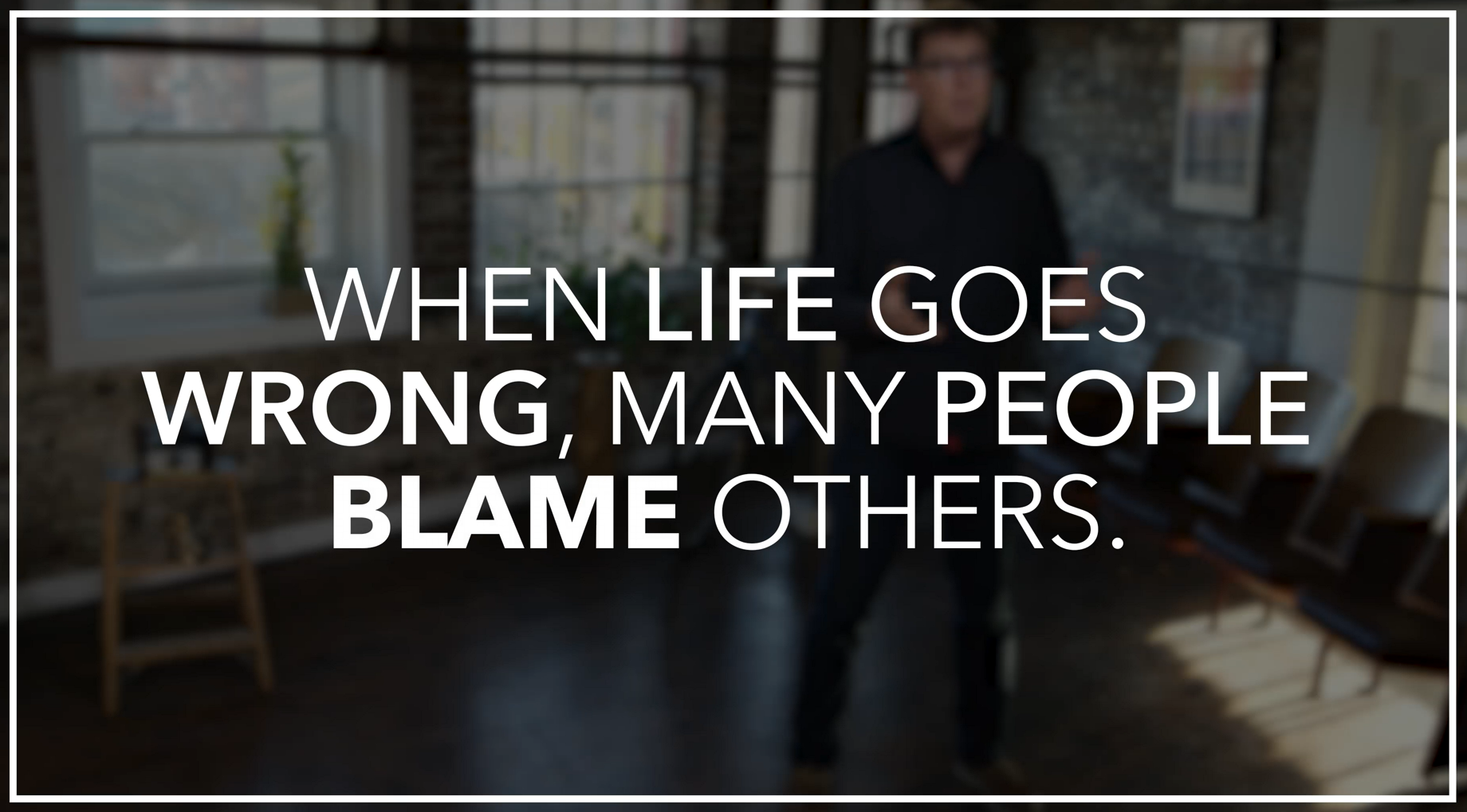Habitudes - Drivers and Passengers
The Fulling Management & Accounting team has started watching a new video series! Every week in our staff meetings, we watch a culture & leadership video to aid in our professional and personal development. The series we’re watching now is by Dr. Tim Elmore and is based on his book Habitudes - The Art of Self-Leadership. Follow along as we learn about self-leadership.
In the last lesson of his series, Elmore shares the story of when his daughter started learning how to drive. Elmore told her there is a core difference between being a passenger and a driver. The passenger is there to have fun, while the driver is there to responsibly and safely arrive at one’s destination.
This principle is also about life. Many people are along for the ride but not there to take responsibility. When something goes wrong many blame others for what happened. However, a leader takes responsibility for their actions, attitude and responses. “They take responsibility for the direction of their lives,” says Elmore.
This can be seen in two areas: attitude and fortitude. Attitude is our way of thinking and perspective. Fortitude is our determination to restore what is right after making mistakes. Fortunately, most people are very forgiving when a leader owns up to their mistakes and actions.
We will leave you with this final thought: “We don’t have to be perfect,” says Elmore, “just responsible.”
Food for thought…
What approaches have you used to maintain a positive attitude in the midst of chaos (i.e., appropriate responses and perspective)?
Thoughts from the Fulling team: Keep in mind that the chaos is temporary or short-term. Sometimes it helps to take a step away for a bit and then go back to it with a fresh perspective. We can get overwhelmed at first, but once we’re able to break it down into organized tasks and chip away at it bit-by-bit, we see progress.
When a mistake has occurred, what practices have you seen used to restore what is right?
Thoughts from the Fulling team: Sometimes it helps to admit to your mistake and then bring your community together to help find a solution as someone else may be able to identify a solution better than you can. It is also imperative to forgive when others make mistakes. No one is perfect.
One of our team members has engrained this quote regarding mistakes into her life: “Excuses are tools in incompetence that lead to monuments of nothingness.”






